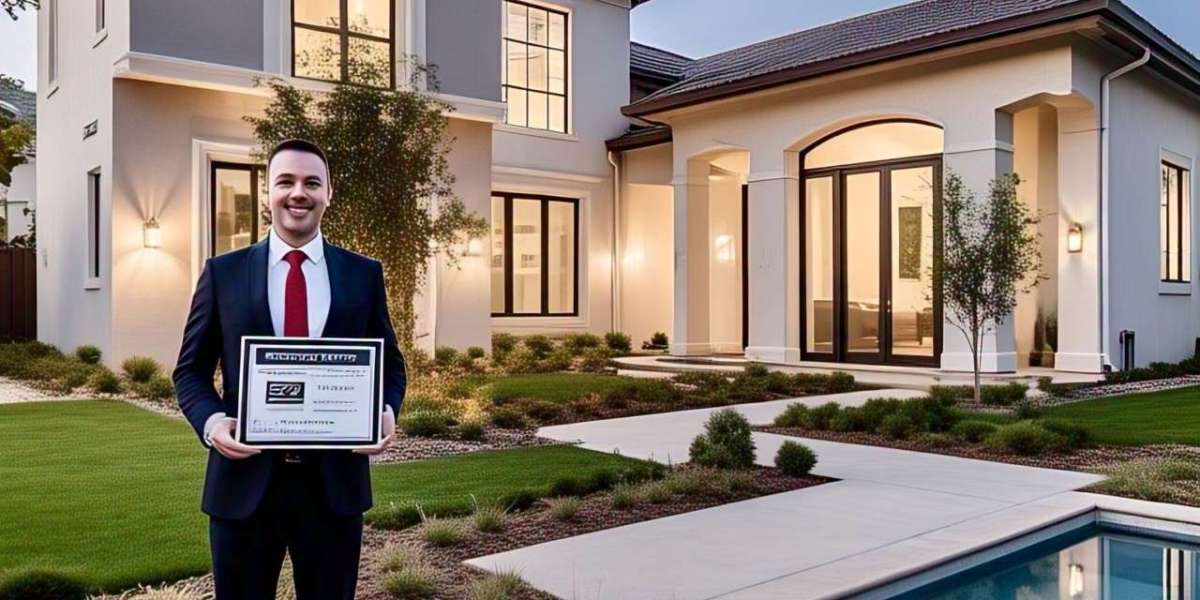Dubai is growing at a fast pace, and every day we see something new. The city's advanced architecture, cutting-edge technology, and innovative design attract thousands of tourists every month. By being a top destination for tourists, Dubai’s real estate market is also booming. Because why not? Visitors look for luxurious places to stay while spending every day exploring the city.
Aside from rentals, even buying the property and then flipping it after years can promise significant returns. Thus, it makes clear that investing in Dubai’s real estate can be fruitful. However, as for foreigners, investing in Dubai’s real estate may not be as simple as it seems. This is because every country has its own rules and regulations for foreigners, and Dubai is no exception.
Considering investing in Dubai real estate as a foreigner? Then we have some useful tips to help you make an informed decision. Scroll down to learn more about everything in detail.
5 Tips for Investing in Dubai Real Estate as a Foreigner
For foreign investors, Dubai properties can definitely be rewarding, but they also come with potential challenges. Thus, to navigate through all this without problems, you should know everything beforehand. In this article, we’ll discuss foreign ownership laws in Dubai, choosing the right location, uncover different property types, and how a professional can be of use. Scroll down to learn more about all this in detail.
1. Understand Foreign Ownership Laws
Foreigners can invest in Dubai real estate, but only in designated freehold areas approved by the government. Popular zones include Downtown Dubai, Dubai Marina, and Business Bay, among others. The difference between freehold and leasehold properties matters significantly for investors. Freehold gives you complete ownership of both property and land. Leasehold only provides long-term usage rights, usually between 10 to 99 years.
Foreign buyers should look into visa incentives tied to property investment. The Golden Visa program offers advantages for those making higher-value purchases. Rules vary based on which emirate you're buying in and your property's classification. Staying informed about these legal details helps prevent disputes and financial losses. Smart investors take time to understand these nuances before committing their money.
2. Choose the Right Location
Location greatly influences both rental yield and long-term capital appreciation in Dubai's diverse property market. Luxury investors typically target Palm Jumeirah, Emirates Hills, and Downtown Dubai. Budget-conscious buyers find better returns in Jumeirah Village Circle, Dubai Silicon Oasis, and Al Furjan. Proximity to transportation, schools, business centers, and entertainment hubs drives tenant demand.
Researching future infrastructure projects is vital as new transport links or malls can boost property values. Established neighborhoods offer stability while emerging areas provide higher growth potential with some risk. The right location choice often determines the difference between average and exceptional investment returns.
3. Consider Types of Properties Available
Dubai's real estate market features apartments, villas, townhouses, hotel-serviced residences, and off-plan developments. Each property type serves different investment goals and targets different renters or buyers. Apartments deliver strong rental yields, especially in urban areas like Business Bay and Dubai Marina. Villas and townhouses attract families seeking space in communities like Arabian Ranches or The Springs.
Off-plan properties offer flexible payment plans and lower initial prices for budget-conscious investors. Pre-construction purchases carry a higher risk of potential delays or project cancellations. Your investment timeline and risk tolerance should guide which property type makes the most sense.
4. Navigate Legal and Regulatory Processes
Dubai's property market has strong regulations that foreign investors must carefully navigate. The purchase process starts with signing a Memorandum of Understanding between the buyer and seller. Obtaining a No Objection Certificate from the developer is a necessary next step. All transactions must be registered with the Dubai Land Department to be legally valid. Most purchases require at least a 10% deposit to secure the property.
Budget for additional costs like 4% transfer fees, agency commissions, and registration charges. Carefully review all sales agreement details, especially payment schedules and cancellation terms. Project delay clauses deserve special attention when purchasing off-plan properties. Legal consultation before signing any documents can prevent costly mistakes and disputes.
5. Partner Up with Professionals
While all of the above tips and considerations are important but there is always some room for mistakes. You may ignore certain important things that might have severe consequences in the long run. However, all of this can be addressed when you leverage the experience of a professional.
Partnering up with investment managers in Dubai can set you free from all of these hurdles. These investment managers can take care of all the matters, including legal, choosing the right property, and its maintenance. This allows you to feel peace of mind knowing your funds are managed by reliable people.
Considering this, you can refer to https://www.globalpartners-ltd.com/ investment managers to make your first investment in Dubai real estate.
Ready for Your First Real Estate Investment in Dubai?
The right investment in Dubai’s booming real estate market would mean achieving your financial goals in just a matter of months. You can get in touch with real estate experts in Dubai to discuss your goals. Feel free to contact professionals and take a step toward your first investment in Dubai.


